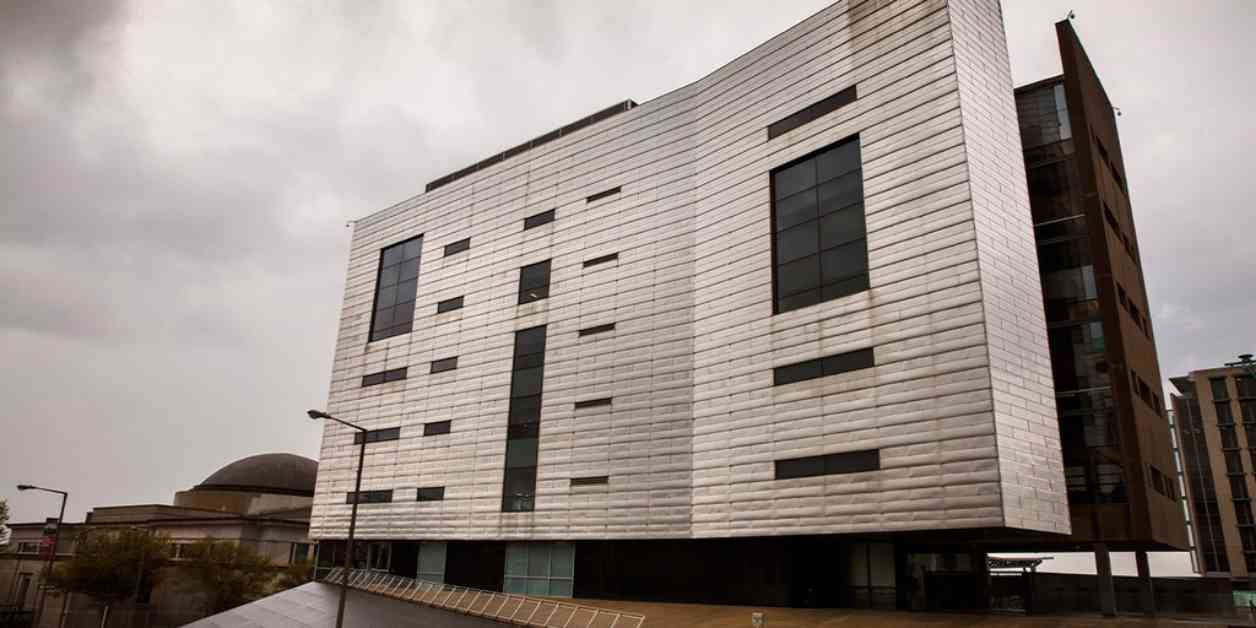The recent layoffs at the Southern Poverty Law Center (SPLC) have raised eyebrows and sparked discussions about the organization’s practices. Despite claims of hoarding over $1 billion in donor funds, the actual amount is closer to $160 million. This discrepancy sheds light on the financial maneuvers of the SPLC and its history of exaggeration and lies.
Founded in the early 1980s, the SPLC gained recognition for dismantling the Ku Klux Klan through legal action. However, the focus shifted to fundraising under co-founder Morris Dees. Dees was later ousted from the organization in 2019, along with president Richard Cohen, amidst allegations of racism and sexism within the SPLC headquarters, dubbed “The Poverty Palace.”
Efforts to address the toxic culture within the SPLC have been criticized as mere attempts to protect the organization’s reputation rather than benefiting the staff. The resignations of the entire legal department and reports of a profitable scam highlight the internal turmoil within the SPLC.
The SPLC’s “Hate Map” has been a contentious issue, grouping together mainstream conservatives with extremist groups in an attempt to marginalize certain organizations. Despite these challenges, groups like Alliance Defending Freedom (ADF) have continued to thrive, winning significant legal battles.
The SPLC’s recent layoffs coincide with the release of its annual “hate group” list, which has been criticized as subjective and out of touch with public opinion. The inclusion of grassroots organizations and medical groups on this list has sparked further controversy and backlash.
The SPLC’s actions have led to scrutiny from federal judges, the FBI, and Congress, highlighting the overreach of the organization. The distinction between genuine discrimination and mere disagreement is crucial, as many Americans reject the SPLC’s characterization of dissenting voices as hateful.
As the SPLC faces internal and external challenges, the broader political left must also reflect on these issues. Learning from the SPLC’s missteps and focusing on genuine advocacy and dialogue is essential to avoid repeating the same mistakes. Ultimately, the SPLC layoffs serve as a cautionary tale about the dangers of overreach and the importance of integrity in advocacy work.


















